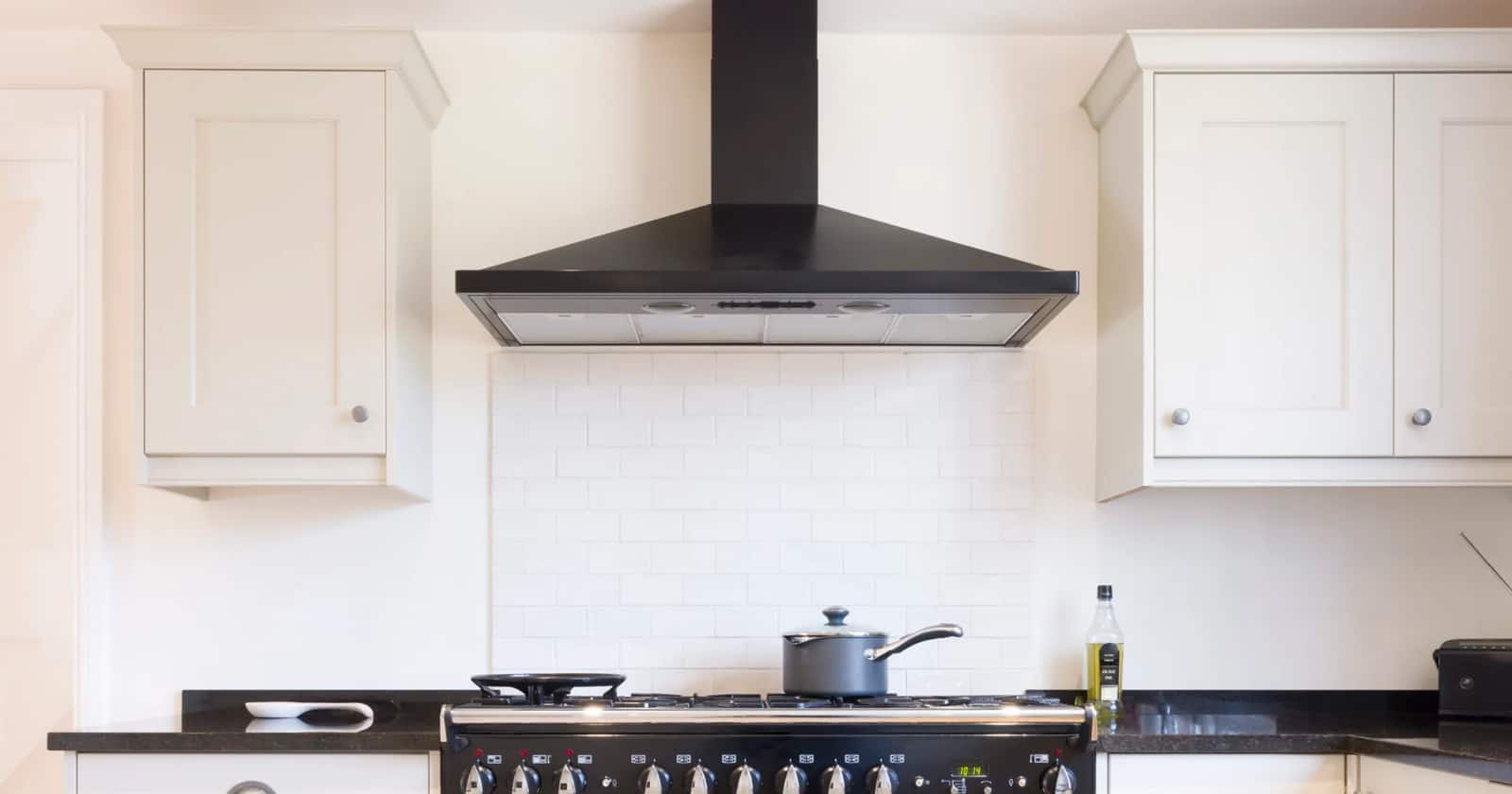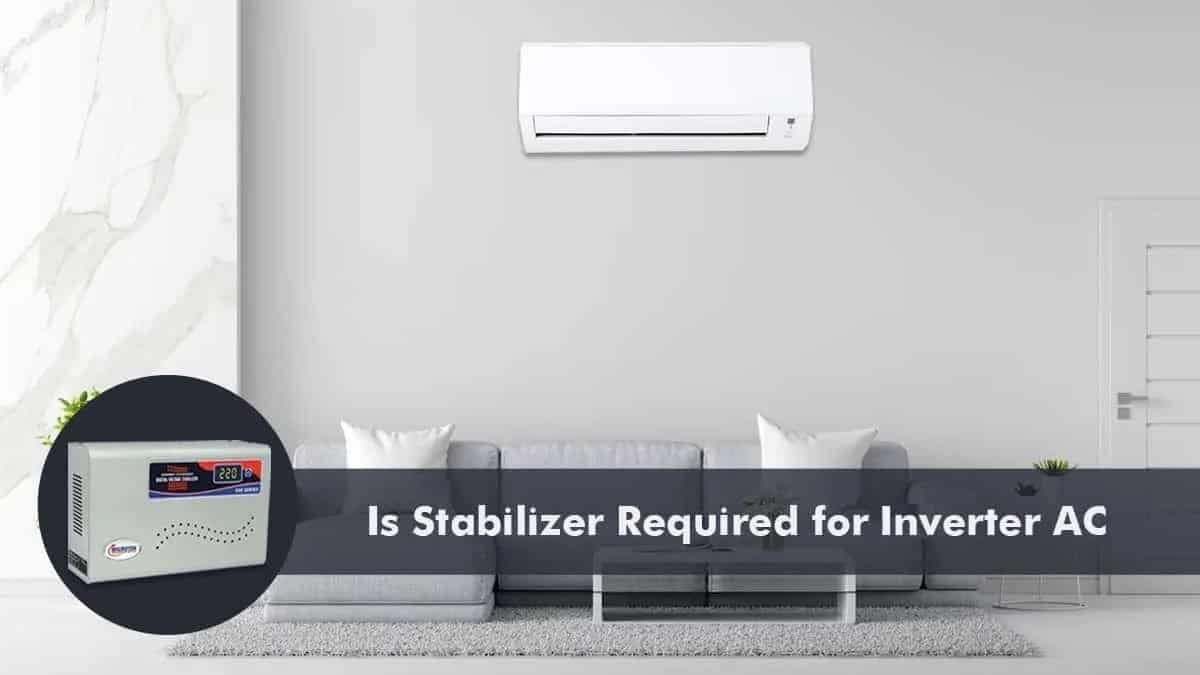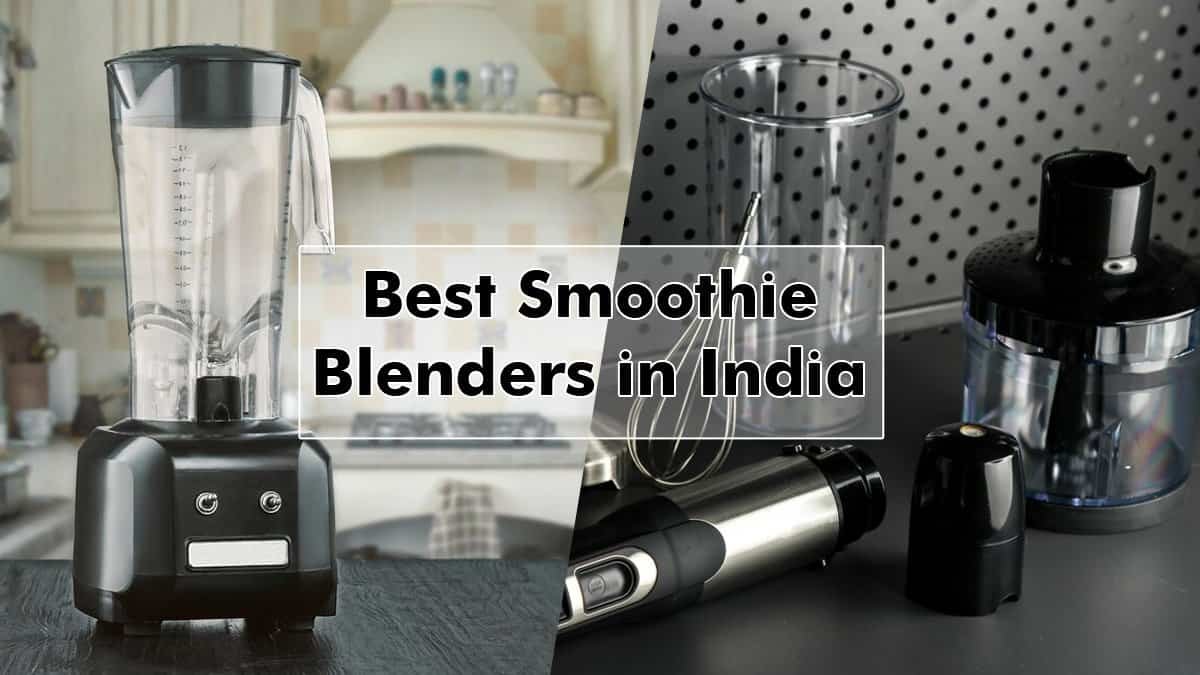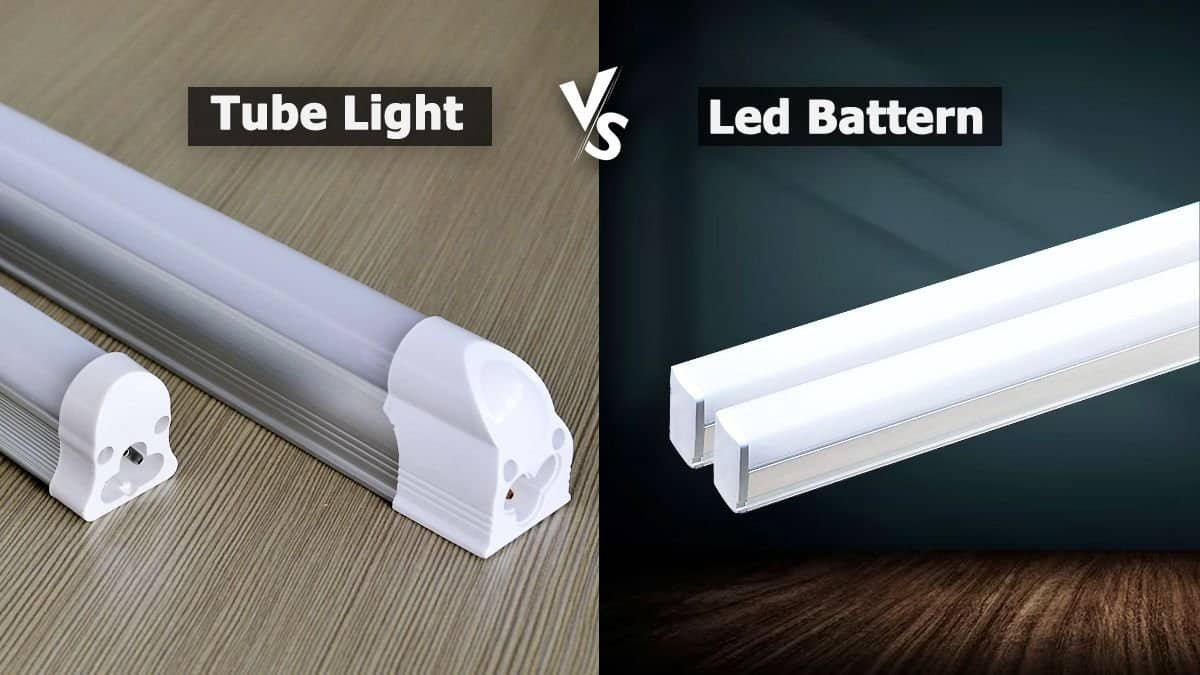When it comes to your home’s chimney, you have a few different options to choose from. But which is the best option for you? Do you go with a baffle filter or a filterless chimney? In this blog post, we’ll compare the two options Baffle Filter vs Filterless Chimney and help you decide which one is best for your home.
Table of Contents
What is a Baffle Filter?
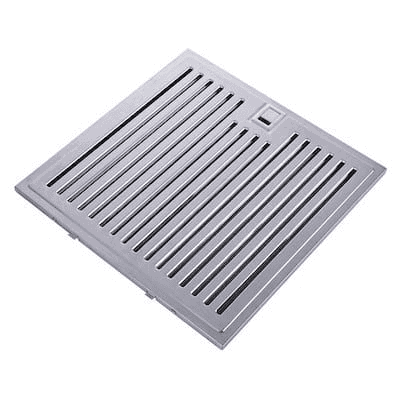
A baffle filter is a device used to trap solid particles from a gas stream. The gas stream is forced to flow through a series of small openings, which causes the particles to be deposited on the surface of the baffle. Baffle filters are often used in industrial applications to remove particulates from exhaust gasses.
Baffle filters are also used in house chimneys. They are installed inside the chimney and help to prevent soot and other debris from entering the home. Baffle filters typically need to be replaced every few years.
How do Baffle Filters Work?

Baffle filters are one of the most effective filters for kitchen chimneys. They are made of a series of metal plates arranged in a V-shape. The V-shape allows the smoke and grease to rise through the filter’s center while the metal plates deflect the grease and other debris. This helps to keep the filter clean and more effective for longer periods.
Baffle filters are typically made of stainless steel or aluminum. They are also available in various sizes to fit most kitchen chimneys. If you are unsure what size baffle filter you need, you can ask a professional for help.
The Benefits of Baffle Filters

There are many benefits of using baffle filters in your kitchen. Here are five of the most important benefits:
- Improves Indoor Air Quality. Baffle filters are one of the most effective ways to improve indoor air quality. They can remove up to 95% of all contaminants from the air, including dust, pollen, pet dander, and smoke.
- Reduces Energy Costs. They are highly effective at reducing energy costs and are easy to clean. Baffle filters trap grease and other particles in their pores, preventing them from entering the chimney and clogging it. This reduces the energy required to operate the chimney and prolongs its lifespan.
- Prolongs the Life of your Ventilation System. Baffle filters help to keep your ventilation system clean and free of debris. They also help extend your ventilation system’s life by keeping grease and debris from clogging the vents. In addition, baffle filters help to reduce noise levels and increase airflow efficiency.
- Reduces Fire Risks. Baffle filters are an important safety feature in kitchen chimneys. They are designed to prevent grease and other flammable materials from entering the stove’s flames, reducing the risk of fires. Baffle filters are usually made of metal and located between the stove and the chimney. The baffles deflect the fire upwards, away from the grease and other flammables. This makes it less likely for a fire to start and prevents the grease from collecting in the chimney and starting a fire that way.
Baffle Filters vs Other Types of Filters
It is important to choose the right type of filter for your needs. There are many different types of filters on the market, each with its advantages and disadvantages. Here we will compare baffle filters with other types of filters to help you make the best decision for your needs.
Baffle Filters vs Mesh Filters Chimney Filters
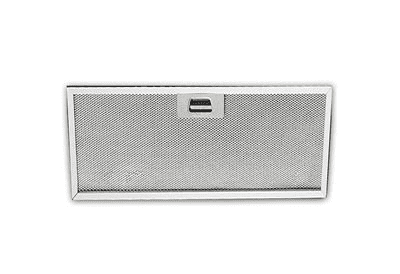
Both these types of filters have their advantages and disadvantages, so it’s important to know the difference before you make a decision.
Baffle filters are more effective at trapping grease and other pollutants, making them a good choice if you have a lot of cooking traffic in your kitchen. However, they can be more difficult to clean and require more maintenance than mesh filters.
Mesh filters, however, are easier to clean and require less maintenance. They’re also less effective at trapping grease and other pollutants, so they’re not the best choice if you have a lot of cooking traffic in your kitchen.
Baffle Filters vs Charcoal Filters Chimney Filters
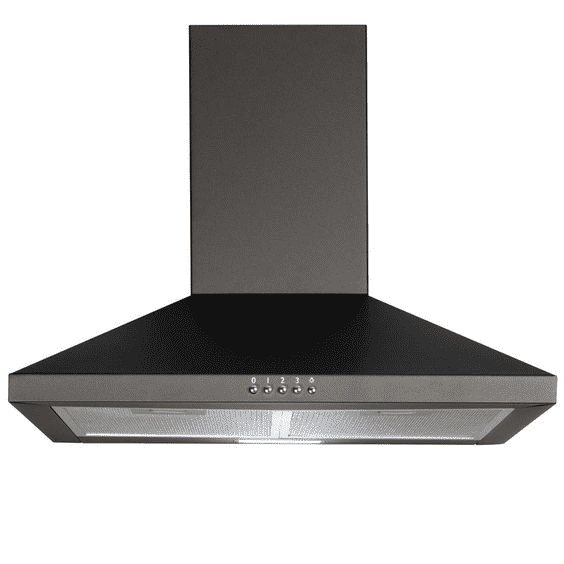
Baffle filters are typically made of metal, while charcoal filters are made of, you guessed it, charcoal. Baffle filters trap grease and other particles in their multiple layers, while charcoal filters work by absorbing these particles into the charcoal itself.
One key advantage of baffle filters is that they are easier to clean than charcoal filters. Baffle filters can be taken apart and washed with soap and water, while charcoal filters must be replaced every few months.
Another advantage of baffle filters is that they are less likely to become clogged than charcoal filters.
Finally, baffle filters are typically more expensive than charcoal filters. This is because they are made of higher quality materials and require more maintenance.
Baffle Filter vs Filterless Chimney

Two of the most popular types of chimneys are filterless and baffle filter chimneys. So, what’s the difference between baffle filter vs filterless chimney?
Filterless chimneys do not have any mesh or grease catch system in place. This means they are less effective at trapping grease and other pollutants, which can be released back into your kitchen.
Baffle filter kitchen chimneys, on the other hand, have a mesh or baffle system that helps to trap grease and other pollutants. They are more effective at keeping your kitchen clean and free of harmful bacteria.
So, which type of kitchen chimney is right for you? If you are looking for an appliance that will help to keep your kitchen clean and free of harmful pollutants, then baffles filters are the way to go.
How to Choose the Right Baffle Filter for your Chimney?
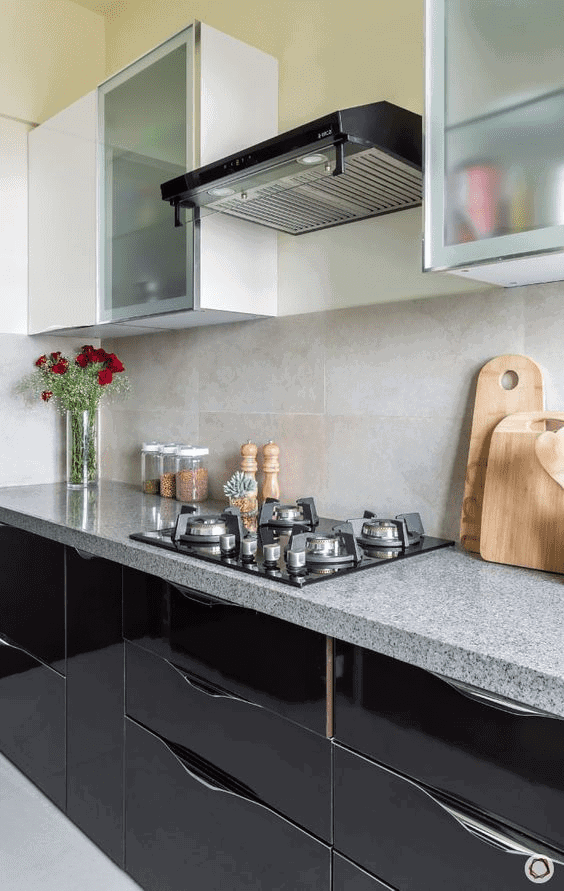
When looking for the right baffle filter for your kitchen chimney, there are a few things to keep in mind.
The first is the size of your chimney. Make sure to measure the opening of your chimney before you start shopping for a baffle filter.
You’ll also want to consider the material of the filter. Baffle filters are typically made of stainless steel, aluminum, or copper. Each material has its benefits and drawbacks, so you’ll want to choose the one that’s right for your kitchen.
Suggested Read
- 21 Kitchen Appliances Name Vocabulary in English
- Refrigerator Buying Guide: How to choose a refrigerator?
- Best Water Purifier Buying Guide: How to choose a water purifier in India?
Another important consideration is the airflow of your chimney. The baffle filter you choose should have good airflow to remove smoke and odors from your kitchen effectively. You’ll also want to ensure that the filter is easy to clean.
The best way to find the right baffle filter for your kitchen is to talk to a professional. They will help you choose the right size and filter for your needs.
Baffle filters are more effective than mesh screens in preventing sparks and embers from passing, and they last longer too. Baffle filters also don’t restrict airflow as much as charcoal screens, so your chimney will continue to draft well. So, after weighing all the pros and cons, baffle filters are the best option for your chimney. If you have questions about baffle filters or chimney drafts, feel free to ask us in the comments.
FAQs
Why are baffle filters the best option?
Baffle filters are the best option for your kitchen chimney for several reasons. They are more effective at trapping grease and other particles, which means your chimney will stay clean for longer. They also allow for better airflow, which can help improve your chimney’s efficiency. And finally, baffle filters are easier to clean than other filters, so you won’t have to worry about them clogging up over time.
What are unfiltered chimneys?
An unfiltered kitchen chimney is a type of venting system that helps to remove smoke, odour, and grease from the air in your kitchen. These systems typically consist of a fan, ductwork, and a filter. The fan pulls air from your kitchen and passes it through the ductwork and filter before venting it outdoors.
What are the disadvantages of charcoal chimney filters?
There are a few potential disadvantages of using a charcoal kitchen chimney filter.
First, charcoal filters can become clogged over time, reducing your chimney’s performance.
Additionally, charcoal filters require regular replacement, which can be a bit of a hassle. Finally, some find that charcoal filters produce a smell they don’t care for.
What are the disadvantages of mesh chimney filters?
There are a few potential disadvantages of mesh kitchen chimney filters to be aware of.
First, they can sometimes become clogged with grease and debris, reducing their effectiveness.
Second, they may not be as effective at trapping small particles, such as smoke particles, as other filters.
Finally, mesh filters may need to be replaced more frequently than other filters, which can be a cost consideration.
